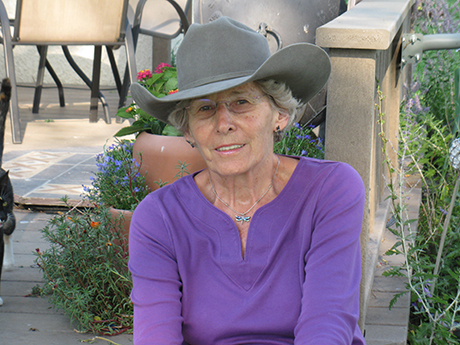My dad had to quit school in the ninth grade to go to work. Not uncommon back then. Girls were lucky to finish eighth grade. After all, they would just be wives or caretakers for elderly parents. Who needs book learning for that? Some accepted those assigned roles, others became life-long learners, as we all should. Dad was in the latter category. He was one of the most well-read people I ever knew but much of his knowledge came from meeting everyday problems and having to figure out solutions.
Our views of education have changed radically. Much of what children used to be taught at home has been handed over to, or appropriated by schools, and there seems to be a lack of focus on common sense and life skills. High School seniors are frequently asked where they plan to go to college. Despite good economic opportunities for hands on workers, and the shortage of that labor pool, choosing a trade school path is discouraged.
Internships for college students have become popular. Although it’s good for students to get hands on experience in their chosen fields, their most valuable skills will be learned when working jobs they pursue after formal education ends.
Continuing education is a requirement for many careers, as new methods and practices are explored. Discovering alternate ways to approach a situation isn’t a bad thing, but often the teachers haven’t done the actual work and are simply regurgitating what was in books. Those ideas may not be appropriate in all situations. Workers who have long been active in their careers know this, so the classes are a waste of time and money.
Agricultural seminars are one example. Let’s see, this person who has ranched for thirty years is supposed to leave the calving lot, drive a couple of hours, and spend all day being advised about how to tell when a cow needs assistance in delivering her calf and the proper methods for going about that process. The rancher spent most of last night doing what the instructor is demonstrating, and is well aware that the free lunch and handful of handouts he has to show for the time off is not helpful to the heifer he left at home, whose calf still hasn’t been up to suck.
Another workshop aims to teach farmers and feed lot owners how to deal with manure. If those folks have managed to stay in business for any length of time, this is probably not new information, and also begs the question of why a student who chose to equip him or herself for a career in agriculture hasn’t learned these practices in an internship.
Our best education happens through work experience, making decisions, making mistakes, learning from them, and paying a price for not paying attention. We wouldn’t send truckers with decades of driving under their belts to a basic drivers ed class. Someone who hasn’t learned to apply the rules by that time probably no longer has a driver’s license.
I wonder who’s paying for this secondary education, often sponsored by branches of government; could it be us? It’s not hard to find examples of waste and redundancy in our own back yards.
Meet me here next week and meanwhile, do your best to learn every day of your life.

